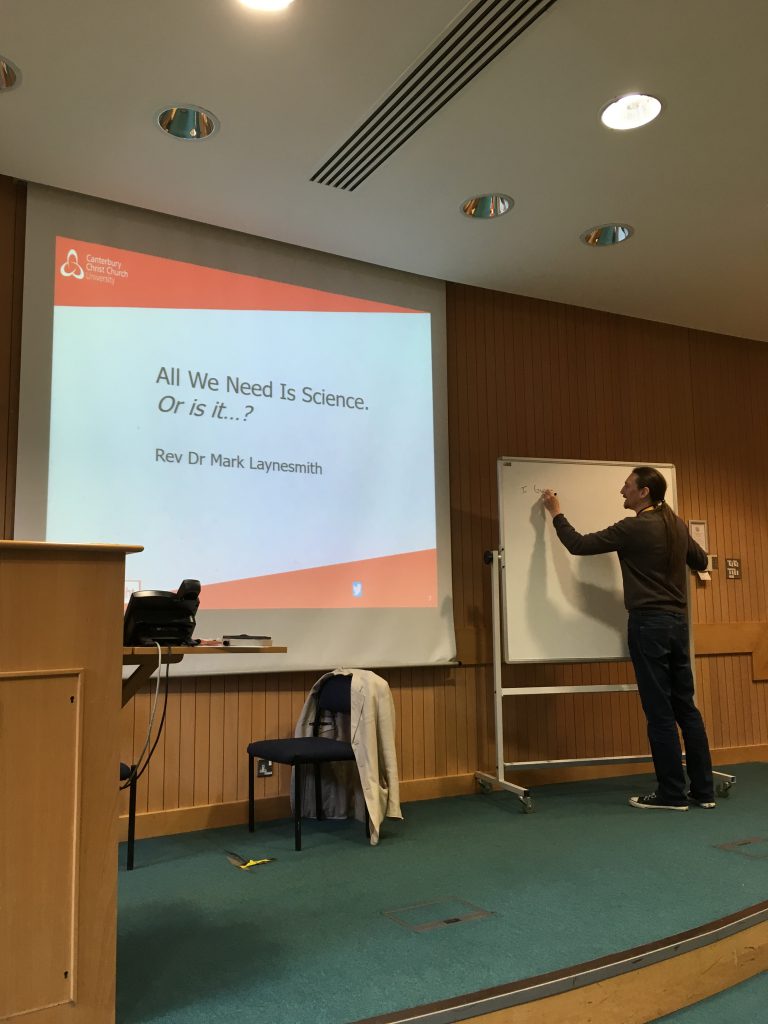Dan Jones, School of Psychology & Clinical Language Sciences, d.jones6@reading.ac.uk
Overview
The ‘Universally Speaking’ series provides a platform for students, staff and community members to exchange ideas on culture, heritage, customs, values and traditions, via a seminar presentation. Each seminar is followed by an informal drinks reception to facilitate further discussion and interactions between the different communities.
Objectives
- To offer an outstanding holistic student learning experience by promoting extra-curricular activities in the School.
- To celebrate and promote the diverse School: lends on the diverse experiences of our staff, students and local communities to help students become global citizens and directly experience the benefits of a diverse and multinational learning environment.
- To equip students with the aspirations, confidence and skills: opportunity to present and talk to a range of different people.
Context
The School of Psychology & Clinical Language Sciences is a wonderfully diverse School – this series was launched to promote and celebrate this diversity. The series provides an opportunity for members of the School to reflect upon different experiences and perspectives of the world, and to take a moment to discuss these with others. Ultimately, it is a tool to promote and explore difference, leading to greater tolerance and acceptance of it.
Implementation
Once funding was gained, along with the student partner, we formed a student committee to help support the different aspects of the series: promotion, advertisement, organisation, and invitations to community members. The committee was made up of five students, and two members of staff (myself included). The seminars were run on a monthly basis, starting in February 2019 and running until June 2019. Talks were delivered by a range of volunteers: UG students, PGR students, PCLS staff and other University members (including the University Chaplain, who is hopefully going to repeat their highly interesting session).
Overall, the series was a success, with positive feedback received and a consistent attendance, including up to eight members of the public attending the final session of the academic year. Due to the positive reception, we are hoping to make this a permanent fixture on the PCLS calendar.
Impact
The feedback on the series has been overwhelmingly positive. Quotes from attendees nicely summarise the benefits that have been gained from the series so far:
“The ability to increase my knowledge on other countries education and research style/system. Learn about peoples’ experience – first-hand experience. Love it!”
“Hearing about the differences from personal perspectives. Helping people embracing the differences.”
“Really interesting to hear about cultures and customs in other countries and how one should consider them when assessing actions and situations.”
Many of the quotes reflect on learning about and understanding difference; skills that lead to more tolerance and acceptance of difference – ultimately, this is what the series contributes to the PCLS community.
Reflections
The only negative of the series was attendance: considering the size of PCLS, we only averaged around 40 attendees across the series. There were several reasons why this may have been the case, including the timing, exam periods and advertising. We are aiming to address these issues if the series is to continue. One step that we have taken is to utilise the skills of the School marketing officer to help with promotion and advertising.
Follow up
The launch of the seminar series was made possible with PLANT funding – this funding ended in July 2019. To maintain the series over the course of the next academic year, and to enable collaboration with other groups across the University, additional funding has been sought from the School of PCLS. We already have the next seminar planned for January 2020, in collaboration with the UoR Islamic Society.
Rev Dr Mark Laynesmith, Anglican Chaplain at the University, reports on a project set up with the University’s Institute of Education to explore increasing knowledge diversity among school children.
